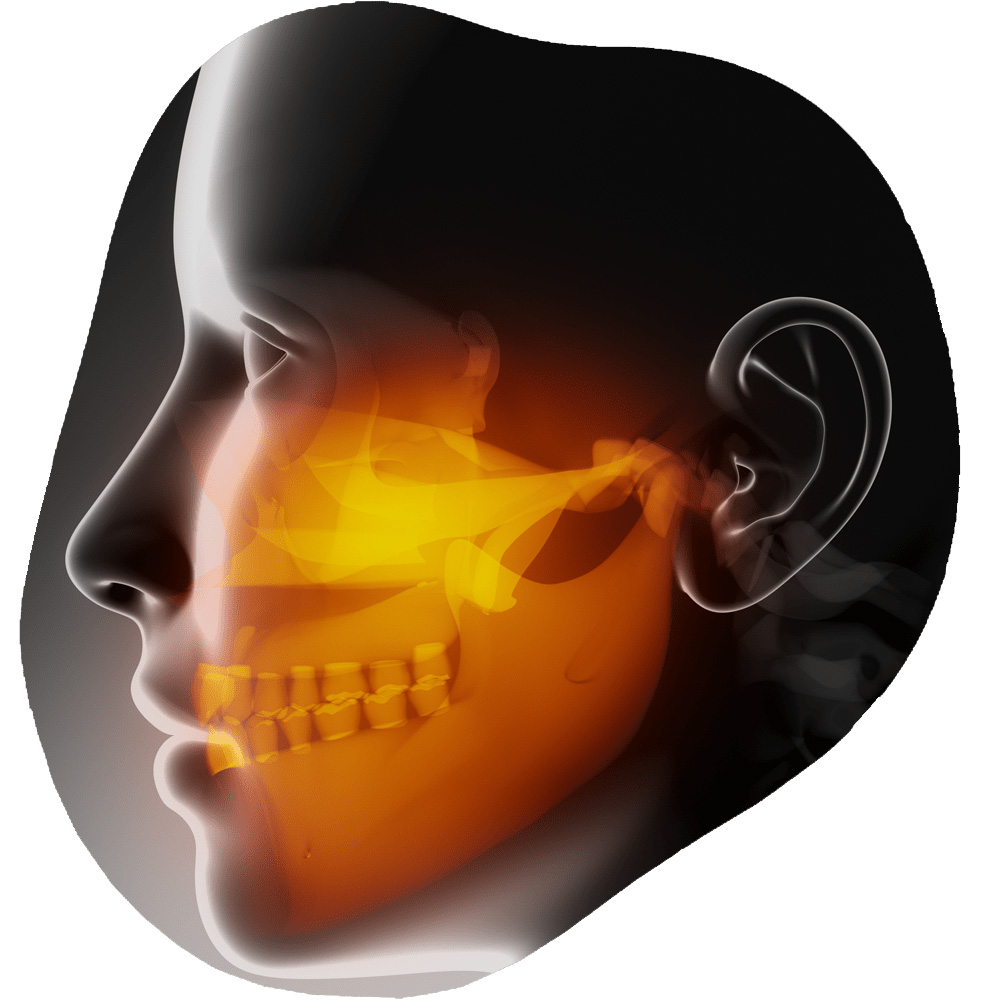Top 5 Issues as a Result of Teeth Grinding
Bruxism, a significant oral habit that frequently takes place while you sleep, is the term for teeth clenching and grinding. In this situation, especially in the beginning, the patient might not even be aware that they have the disorder until symptoms and problems start to show.
Complications and Signs of Bruxism
Without treatment, bruxism can result in serious oral health issues like fractured teeth, more cavities, and even broken teeth. The malfunctioning of the temporomandibular joint has also been connected to bruxism.
Your jaw joint isn’t working properly if you have TMJ. This may result in pain, a clicking sound when eating, and—in extreme cases—a locking jaw joint.

Other signs of TMJ and bruxism include:
Head pain from migraines
An earache
Jaw ache
Face ache
The shoulders and neck hurt.
It’s not necessary to exhibit all of these signs in order to be identified, which is why routine dental exams are so important. Your dentist can identify bruxism and TMJ symptoms during your six-month exam.
Like with other illnesses, it’s usually preferable to receive a prompt diagnosis and initiate treatment than to wait.
Treatment for Bruxism
Oakstone Dental offers bruxism therapy because they do not want you to experience pain or tooth fractures.
A customised mouthguard may be used as treatment to stop teeth grinding at night. TMJ problems may potentially benefit from this device.
Exercises to relieve stress that your doctor or dentist may offer are possible additional treatments. Stress and bruxism can occasionally go along.
Whatever the recommended therapy, your dentist will collaborate with you to choose the best course of action.